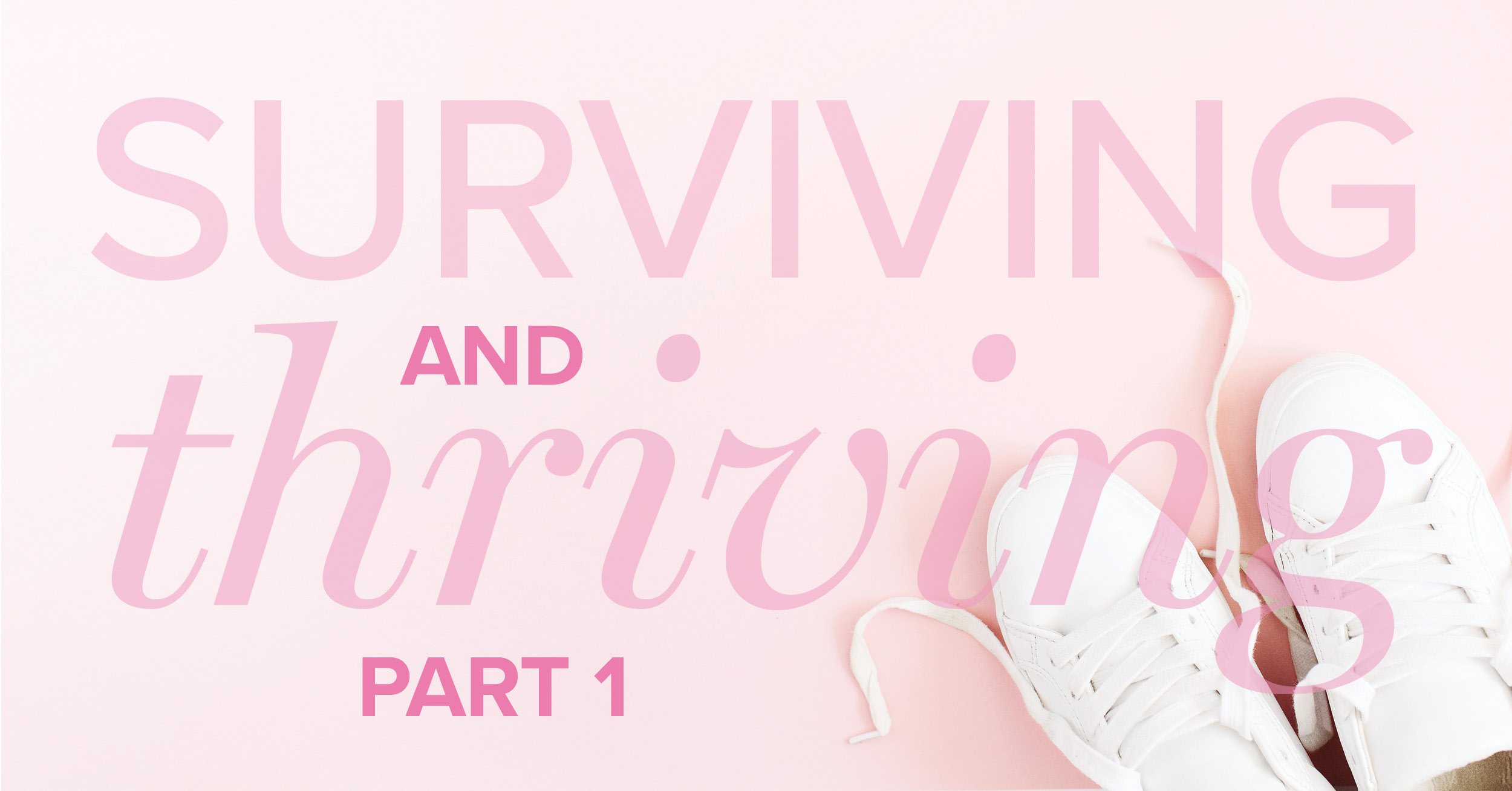Better Survivorship
We believe in a future filled with thriving, breast cancer survivors.
From the day of her diagnosis, a woman becomes a breast cancer survivor forever. Research in the Vera Bradley Foundation Center for Breast Cancer Research is empowering each survivor to live her life with strength and resiliency.
There are 3.8 million breast cancer survivors in the United States. Some have been cured, others cope with the very real threat of recurrence, and those who are actively battling the disease manage the presence of cancer day by day. “We’re helping women live longer, but we also need to help them live better,” says Tarah Ballinger, MD, a researcher in the Vera Bradley Foundation Center. Her investigations focus on patients’ physical and mental wellbeing during and after treatment, and – for those whose cancer-free futures are less certain – all the times in-between.
Her goal is to create a comprehensive approach for survivors to address the unique physical and psychological issues they face. “We need to imagine what life should look like for patients from diagnosis forward and be more proactive about treating and preventing potential short-term and long-term side effects from cancer therapy.” Dr. Ballinger explains that frequently problems aren’t addressed until patients bring them up or there are life-altering consequences. “We shouldn’t wait until patients have problems maintaining their health and functional status.” Her vision is to purposefully assess how patients are doing and actively help them address deficits. “Each patient should receive a personalized approach based on her treatment experience.”
More than anything, Dr. Ballinger wants breast cancer survivors to know that the research community is working hard to improve their experience.
“There are people who dedicate their entire lives or careers to try and make survivorship better. Hopefully that offers some amount of comfort. The impact that I hope to have is to use my passion to help women who are living with the disease to live better. I want to empower them to advocate for themselves and for the resources they need and not feel that they must do it all by themselves.”


